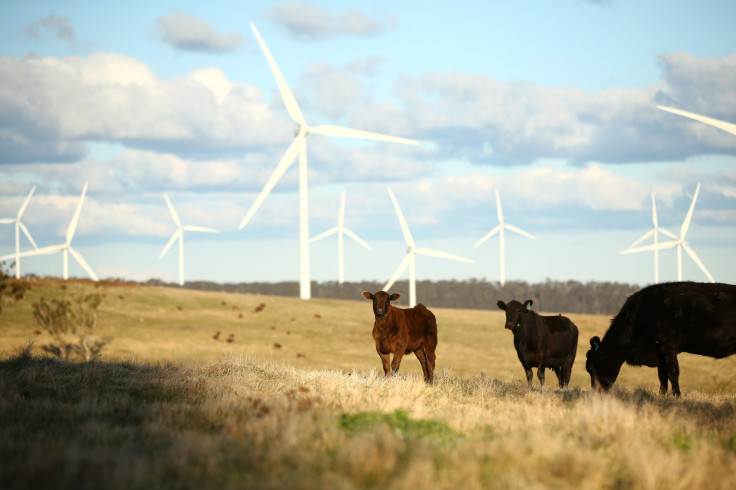Cattle Dragged And Slaughtered Under Mosque In Indonesia, Australia Investigates

Footage from Animals Australia, an animal protection organization based in Melbourne, Victoria, has prompted an investigation by the Australian Department of Agriculture. The footage shows cattle, some identified as Australian, being pulled to the ground with ropes, dragged to a carpark beneath an Indonesian mosque and slaughtered without being stunned prior to slaughter.
Four of the 13 cattle seen in the footage were identified as Australian. The ear tags had been removed but the unique ear notches and brands identified them as cattle that were produced in the Australian Northern Territory and then exported to Indonesia by International Livestock Exports (ILE). ILE identified itself as the exporter and has since suspended deliveries to the Indonesian abattoir (slaughterhouse) thought to be involved in the breach.
The slaughters were thought to have been part of an Islamic Holiday celebration called Eid al-Adha or “Festival of the Sacrifice" that honors the willingness of Abraham to sacrifice his son as an act of obedience to God's command. After being sacrificed ritually, the animal is divided into three parts or “shares”. One share is given to the poor and needy, another is kept for home, and the third is given to relatives.
The actual wrongdoing was reported to the department as a breach of the Exporter Supply Chain Assurance System (ESCAS), which was introduced after a 2011 investigation by Four Corners, an Australian investigative program. The system dictates that exporters dealing in Australian animals can sell only into an approved supply chain.
The chief executive of the Australian Live Export Council, Mark Harvey-Sutton, said the slaughter was “unacceptable” but that the incident should be viewed within the context of the industry’s broader track record. He said, “Let’s not forget that exporters are also very proactive in this space and often actions are undertaken by exporters ahead of what the regulator looks to do, and that was the case this time.
Another voice heard was from Ashley Manicaros, the chief executive of the Northern Territory Cattlemen’s Association, who made the point that the slaughter involved just four of the 400,000 cattle exported from Darwin to Indonesia each year. Manicaros said exporters should be given more credit and said, “Those operators that don’t meet those standards will be the ones that have to get to the standard if they want to remain in business.” The “standards” he was referring to were put into place after a 2017 incident where 2,400 sheep died of heat stress on a ship named the Awassi Express.
© Copyright IBTimes 2025. All rights reserved.





















